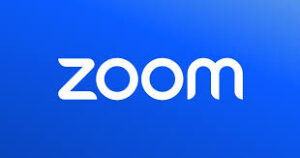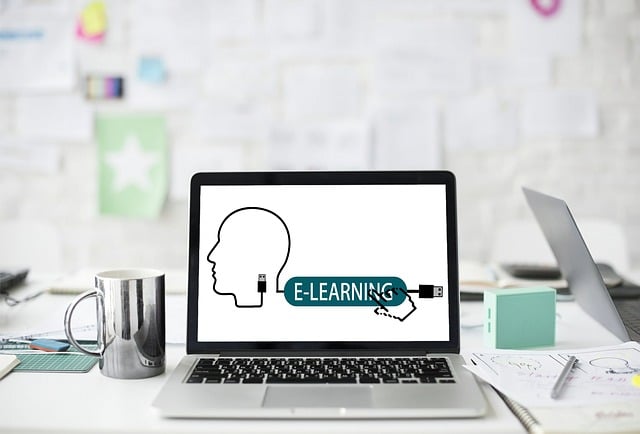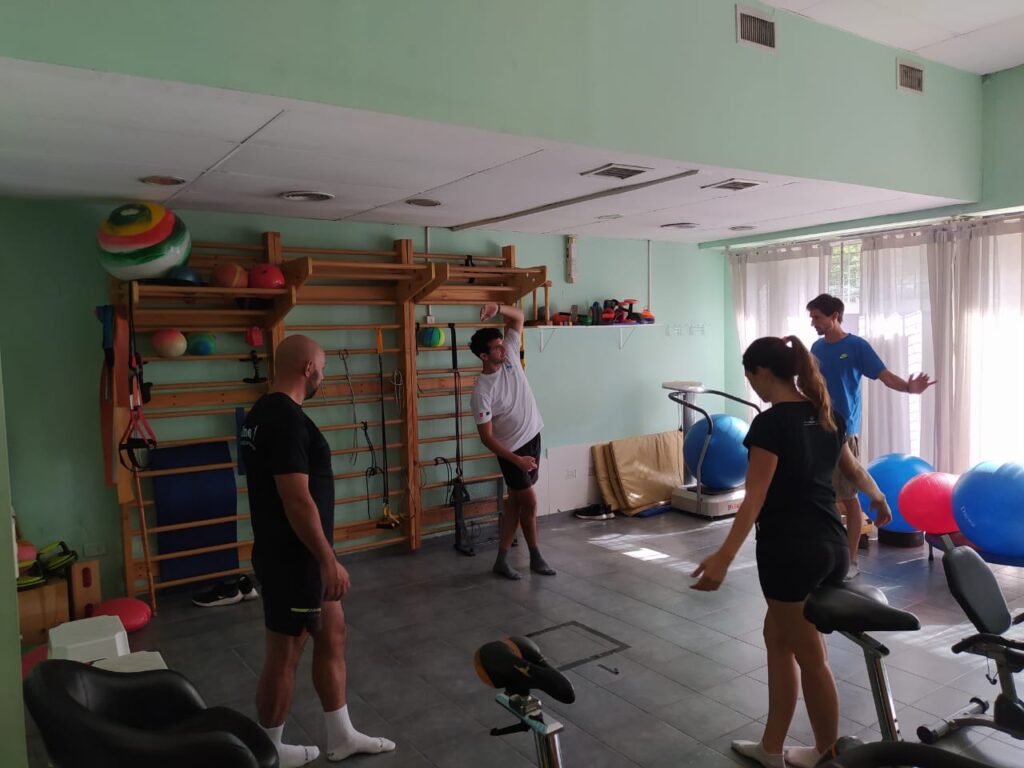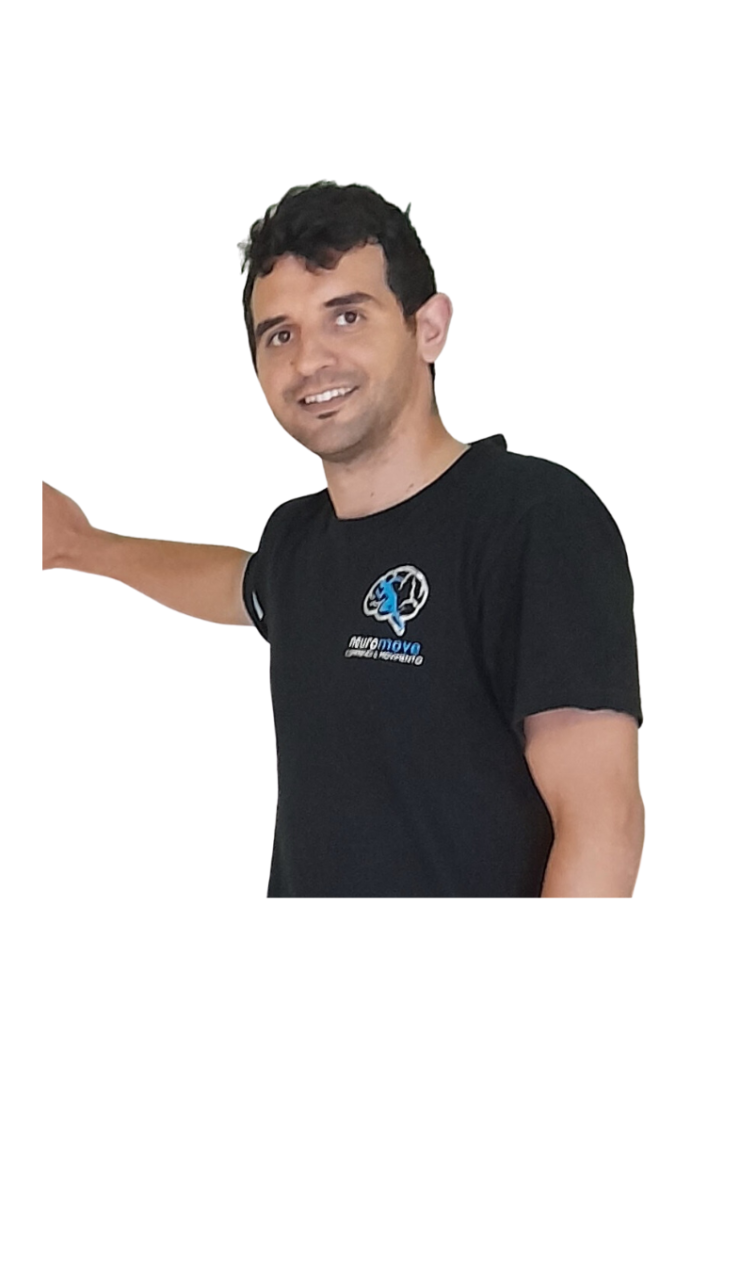- Motion Realizing
- info@neuromove.it
1. Better knowledge of your body:
– You will learn to understand how your body works and how to keep it in good shape.
2. Relief of post-exercise tension:
– It will help you relax your muscles after physical activity, reducing any discomfort.
3. Faster recovery and injury prevention:
– It will promote the release of muscle groups, allowing for more effective recovery and preventing possible injuries.
4. Prevention of lactic acid accumulation:
– You will avoid the accumulation of substances that can cause discomfort and prevent injuries.
5. Improved body awareness during rehabilitation:
– It will help to have a better perception of your body during the recovery processes.
6. Increase energy through relaxing movements:
– You will learn movements that will give you more energy and help you relax.
7. Improved body analysis:
– It will allow you to better understand the body from a physiological and anatomical point of view.
8. Promoting Better Overall Health:
– It will contribute to your overall well-being and maintenance of good health.
In the new Online Area of Neuromove and the Bernstein Center, we organize a theoretical-practical course to learn our methodological steps of Self-Relaxation Neuromuscular.

+

-Professionals related to health and sport, sports coaches, physical education professors, graduates in physical education and physiotherapists seeking to expand their knowledge in Neurobiology and the myofascial system.
-Athletes and sportspeople who want to protect themselves from injuries and recover their body through the exercises of this methodology.


1-Video recording of each lesson in case of absence from some episodes.
2-Interactive platform where each presentation of each module will be shared.
3- Music files to contribute to the climax of neuromuscular self-relaxation.
Enter your details and you will start receiving information on the requested course.
In case of doubts or questions about the payment method you can contact: Josè De laurentis, E-mail: neuromove.it@gmail.com. Cell: ITA:+393399724989.<br>ARG
If you don't want to pay with your credit card, you can also do it by bank transfer; Consult our team. 
founder neuromove
Physical education teacher all’IPEF Cordoba Argentina.
Specialization in Movement Therapy at the University of Villa Maria Cordoba, Argentina.
Researcher in the field of neurocoordination, motor control and training physiology.
Neuroscience consultant applied to cognitive-motor learning, fitness and sport.
ATP Tennis Physical Coach e FIT.

